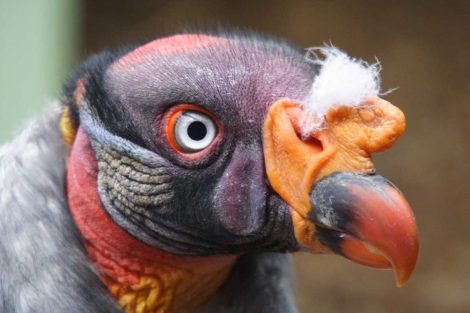Relationships are hard, any time. In this phase of physical distancing and infection fear, they’re even harder. How do we date? What does intimacy look like now? Which couples are maintaining good relationships and which aren’t? What happens to desire under such global stress?
Expert researchers from IU’s Kinsey Institute are at work to answer such questions. The institute’s recently launched study, “Sex and Relationships in the Time of COVID-19”, is aimed at better understanding the romantic and sexual lives of adults during and after the coronavirus pandemic.
The study is collecting data through online surveys, with over 3,000 participants so far responding to the first wave of data collection, which began March 20, 2020. The researchers plan two more waves of data collection in April and May.
The research team recently analyzed results from the first wave of data collection and released some initial findings from a sample of about 1,200 participants focused on the topic of sex as leisure.
“In the era of the COVID-19 coronavirus pandemic, both facilitators and obstacles to sexual activity are being redefined,” said Justin Garcia, acting executive director of the Kinsey Institute, an IU Bicentennial Professor, and one of the study’s lead investigators. “Physical distancing and isolation rules have imposed a number of limits on our ability to have sex for leisure.”
Under the stress and distance created by the novel coronavirus’s spread, nearly half of the adults surveyed reported that their sex life has declined and that they are currently less sexually active.
But, while dampened sexual desire under stress is prevalent, there is also positive news, according to the researchers.
“People are creating new and unique opportunities to pursue sexual fulfillment,” said Justin Lehmiller, research fellow at The Kinsey Institute and member of the research team. “Many of them are seeing the current circumstances as an opportunity to expand their sexual repertoires and try something new.”










